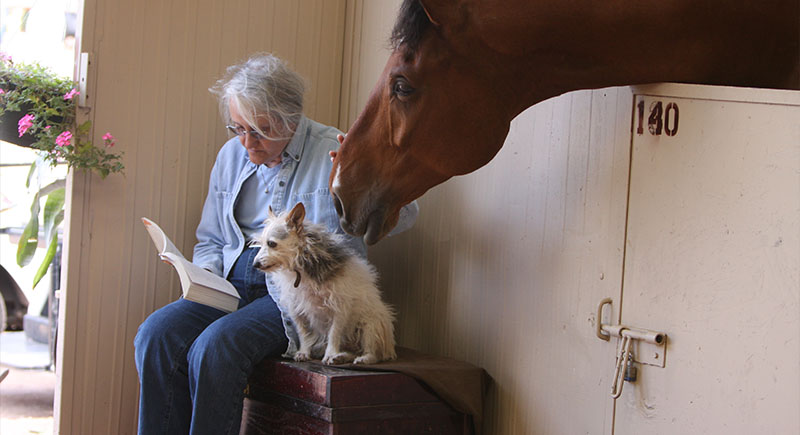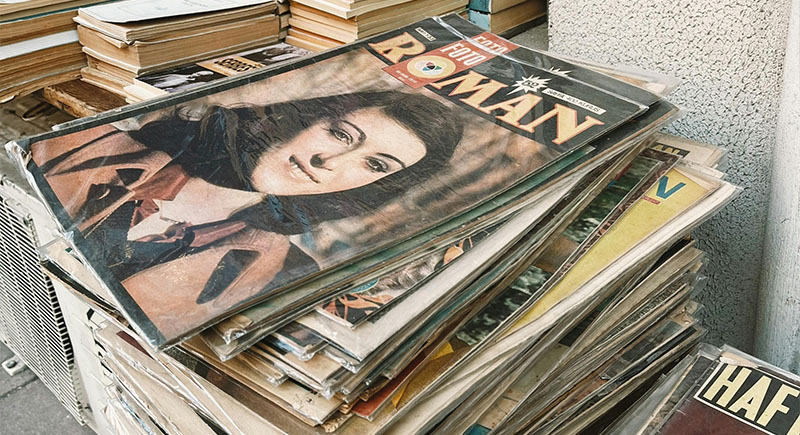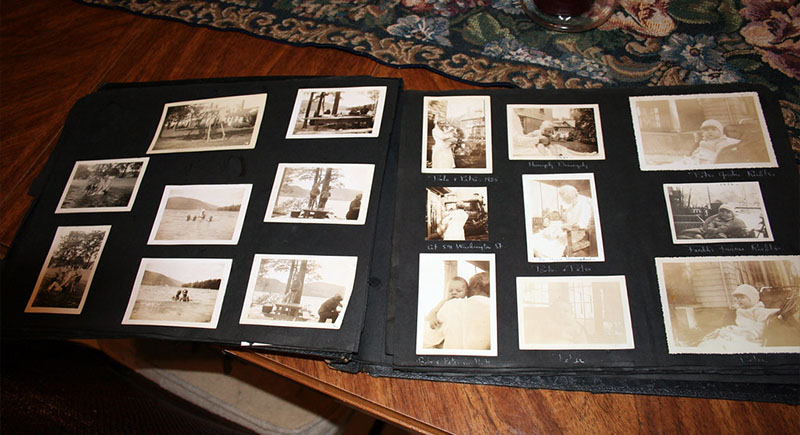Imagine your kids sorting through your belongings, only to find a chaotic mess of outdated documents, mysterious keys, and cryptic notes. Not the legacy you had in mind, right? Planning ahead is about wills, finances, and sparing loved ones from unnecessary stress and confusion. By tackling these 18 tasks now, one ensures their family remembers them for their cherished moments together, not the clutter they left behind. Look at the essential steps that make our departure as smooth as possible for those we care about most.
Heirlooms That Aren’t So Cherished

Leaving behind a collection of porcelain figurines or antique furniture might seem thoughtful, but your kids may not share the same sentiment. These items often clash with modern décor and become burdensome to store or sell. Instead, discuss with your children which pieces hold sentimental value to them and consider selling or donating the rest during your lifetime. This proactive approach prevents unnecessary clutter and ensures cherished items find appreciative homes.
A Towering Pile of Debt

Passing on significant debt is likely to be a heavy burden for your children, potentially leading to financial strain and difficult decisions. To prevent this, it’s essential to manage and reduce your debts while you’re alive. Consider consulting a financial advisor to create a plan that addresses outstanding liabilities, ensuring you leave a legacy of fond memories rather than financial obligations.
Outdated Media Collections

Stacks of VHS tapes and boxes of old photos take up valuable space and may not be compatible with current technology. Digitizing these memories preserves them for future generations and frees up physical space. Services are available to convert old media into digital formats, making it easier for your family to access and enjoy these moments without the clutter.
Conditional Gifts with Strings Attached

Leaving gifts that come with specific conditions or special instructions can create confusion and potential conflicts among your heirs. To avoid misunderstandings, clearly communicate your intentions and ensure that any conditions are reasonable and legally enforceable. Consulting with an estate planner helps draft clear terms that reflect your wishes without placing undue burdens on the beneficiaries.
Wardrobes of Yesteryears

An attic full of old clothes and linens might not be the treasure trove you envision. Fashion and personal tastes change over time, and your children may not have use for vintage apparel or worn-out bedding. Consider donating these items to charities where they are put to good use, ensuring your belongings benefit others and don’t become a burden to your family.
Properties with Strings Attached

Handing down property that isn’t fully paid off or has legal complications can lead to headaches for your heirs. Mortgages, liens, or shared ownership complicate the transfer process. It’s advisable to resolve these issues beforehand, either by paying off debts or clearly outlining responsibilities in the estate plan, to provide a smooth transition of assets.
A Maze of Unsorted Paperwork

A disorganized pile of documents is bound to overwhelm your children trying to navigate. Important papers mixed with outdated records make it challenging to settle your affairs. Organizing your paperwork, discarding unnecessary items, and distinctly labeling essential documents save your loved ones time and stress during an already difficult period.
Unplanned Pet Care

While your pets are beloved family members to you, your children may not be prepared to take them in. To ensure the furry friends are cared for, discuss potential guardianship with family or friends ahead of time. Including provisions in your will for the pets’ care, along with any necessary funds, provides peace of mind for you and your companions.
Stacks of Old Magazines

A collection of old magazines might have sentimental value to you, but to your children, it could be seen as clutter. Unless these publications have significant historical or monetary value, it’s best to recycle or donate them. This reduces the burden on the family and helps keep your living space organized.
Complex Trust Properties

Assets held in trust are beneficial, but a poorly structured one creates headaches. If terms are vague, outdated, or riddled with restrictions, your heirs could face years of legal chaos. Regularly reviewing and simplifying trust documents prevents costly disputes. A well-managed trust ensures your loved ones get what they should—without wading through a bureaucratic nightmare or unnecessary legal fees.
Assets with Outdated Beneficiaries

Your kids won’t inherit what you intended if your beneficiary designations are outdated. Retirement accounts, life insurance policies, and payable-on-death assets override your will. If your ex-spouse or a deceased relative is still listed, the estate plan crumbles. Review and update the documents regularly to avoid inheritance mishaps, unwanted surprises, and potential legal battles the family never saw coming.
Holiday Decorations Galore

An extensive collection of holiday décor might have brought you joy, but storing and sorting through these items is daunting for children. Consider downsizing the collection to a few cherished pieces and donating the rest. This makes it easier for your family to manage and keeps the holiday spirit alive without the excess.
Inheritance Without Special Needs Planning

While bequeathing an inheritance might seem like a blessing, for a beneficiary with disabilities, it could mean losing essential government aid. Medicaid and Supplemental Security Income have strict asset limits. A special needs trust allows them to receive financial support without jeopardizing benefits. Skipping this step could leave them without healthcare, housing assistance, or other vital resources they rely on.
A Home in Disrepair

Willing a house sounds great—until your kids realize they inherited peeling paint, a leaky roof, and outdated electrical wiring. A rundown property becomes a financial burden rather than a gift. Address necessary repairs now, downsize, or set aside funds for maintenance. Without a plan, your beloved home might turn into their biggest, most expensive headache.
Unresolved Legal Entanglements

A lawsuit, disputed property claim, or murky title doesn’t vanish when you do. These unresolved issues turn into a legal circus for your family, dragging them through costly court battles and endless paperwork. Settling outstanding disputes and ensuring clear ownership now spares them frustration, stress, and financial loss. The less legal mess, the smoother their inheritance process.
Overly Intricate Investment Portfolios

An overcomplicated investment portfolio creates chaos for your heirs. Multiple brokerage accounts, obscure stock holdings, and scattered real estate investments confuse even financially savvy beneficiaries. If they don’t understand your strategy, they may mismanage funds or face massive tax penalties. Simplify the portfolio, consolidate accounts, and document key details so your kids inherit wealth—not confusion and unnecessary financial stress.
Collections That Don’t Collect Interest

Your collection of rare coins, baseball cards, or vintage toys might be valuable—or simply sentimental clutter. If your heirs don’t understand what they’re dealing with, they could toss treasures or sell them for pennies. Make an inventory, highlight valuable pieces, and leave plain instructions. Otherwise, your prized possessions might end up in a garage sale for next to nothing.
Preserving Precious Memories

Passing on boxes of old photos overwhelms your children, turning cherished memories into a daunting task. To prevent this, consider digitizing your collection now. Scanning photos preserves them and makes sharing easier. Organize images by date or event, and store them in labeled folders on your computer or cloud storage. This proactive approach safeguards your family’s history and spares your loved ones the burden of sorting through physical photos.